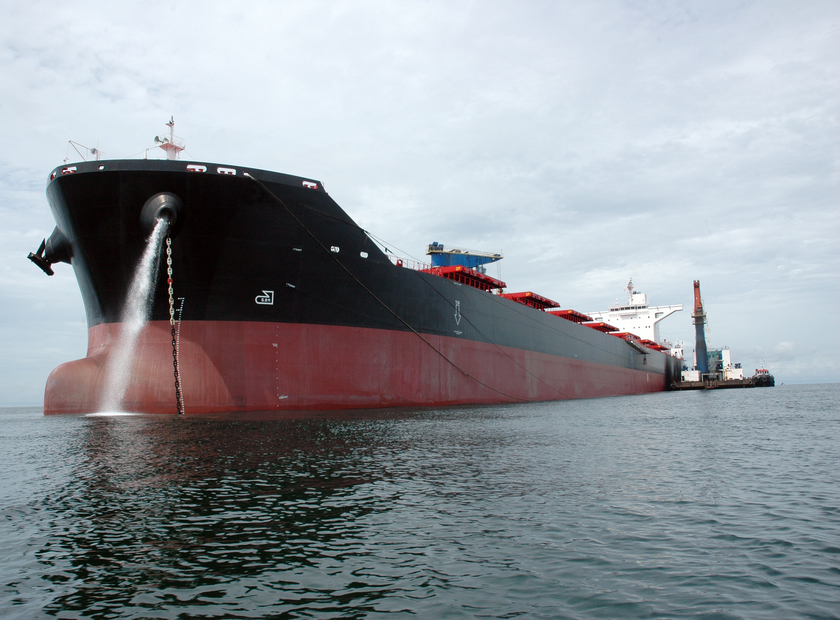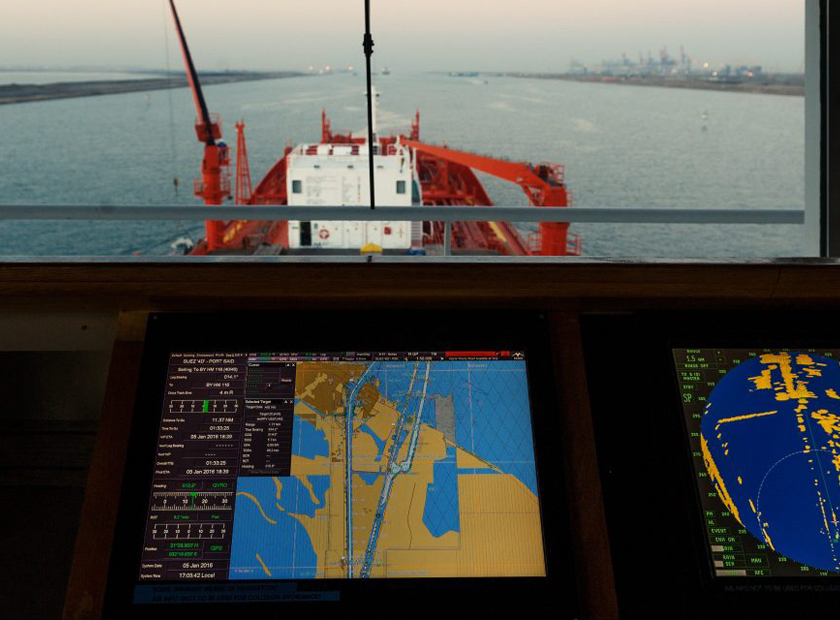
SOPEP – SMPEP Updated List of National Contact Points – 31 Jan 2021
Understanding SOPEP and SMEP is of paramount importance for maritime professionals in order to be prepared for an oil pollution incident.

Understanding SOPEP and SMEP is of paramount importance for maritime professionals in order to be prepared for an oil pollution incident.

The New DryBulk Vetting regime includes a new DryBMS standard, a crew welfare self-assessment tool and a new Rightship Inspection Ship Questionnaire (RISQ).

VIDA requires EPA to develop national standards of performance for incidental discharges (similar to the discharges in the EPA 2013 Vessel General Permit (VGP)) by December 2020.

IMO issued Resolution MSC.428(98) as a response to the several cyber attacks occurred and to address cyber security within shipping, setting the legislation frame for cyber security, requiring “cyber risks to be appropriately addressed in SMS no later than the first annual verification of the company’s DoC after 1 January 2021”.

World Maritime University (WMU) launched a report, focusing on the systemic failures in the implementation of the regulatory regime for seafarers’ hours of work and rest, undermining the credibility of international regulations relating to working hours.

OCIMF has published guidance on how to improve policies and procedures concerning the safe use of Electronic Chart Display and Information Systems (ECDIS). The guide summarizes the contributing factors identified from the analysis of navigational incidents as well as Ship Inspection Report Programme (SIRE).